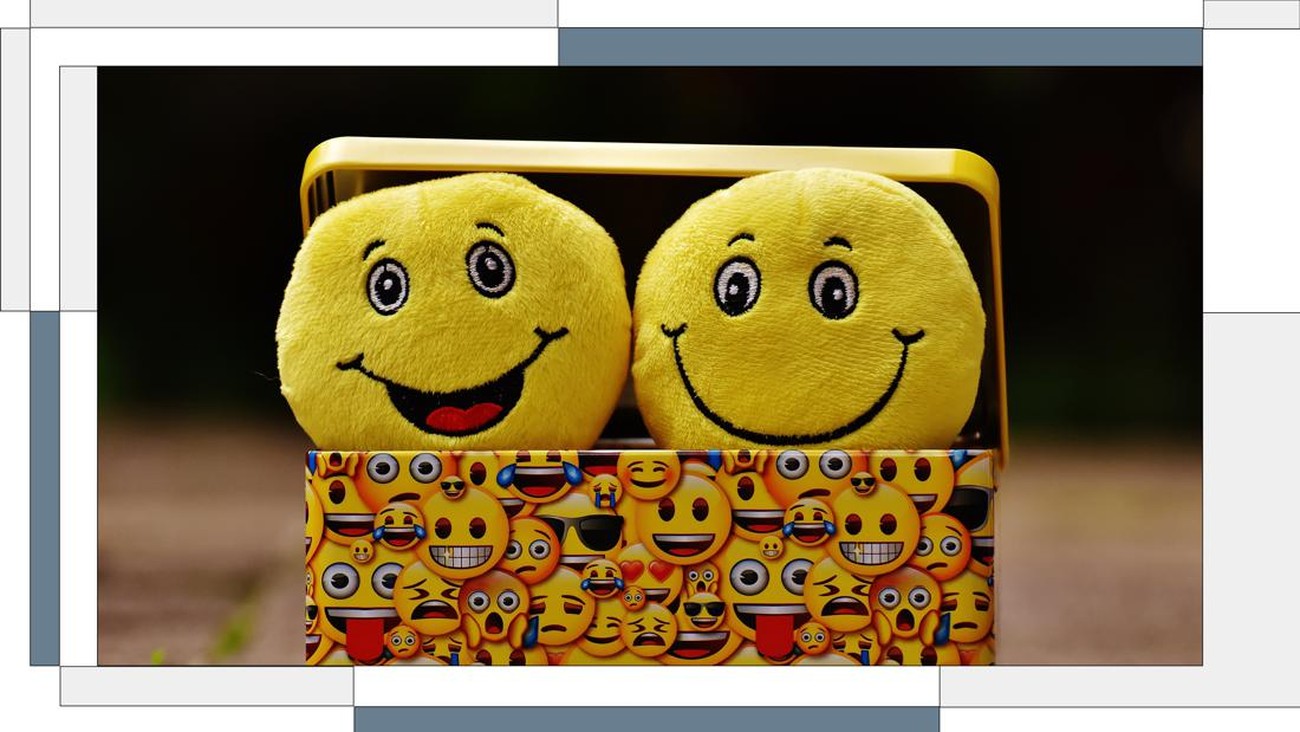People that succeed at work are not only intelligent, but also have a high EQ or also known as emotional intelligence. Emotional intelligence isn't just for CEOs and top executives, though. It's a desirable trait at all levels of a person's job. EQ is a crucial skill for interpersonal communication, and it is a popular issue not just in psychology, but also in business.
Why is emotional intelligence seen as such a valuable quality in the workplace?
According to HelpGuide, EQ is "the ability to understand, use, and manage your own emotions in positive ways to relieve stress, communicate effectively, empathize with others, overcome challenges and defuse conflict." Emotional intelligence is classified into four levels: perceiving emotions, reasoning with emotions, understanding emotions, and managing emotions.
When it comes to assessing crucial job prospects, many firms now consider emotional intelligence to be as vital as technical aptitude and use EQ testing before hiring. According to one poll of recruiting managers, over 75% of respondents said they valued an employee's emotional intelligence (EQ) over their IQ. Emotional intelligence is commonly regarded as a helpful quality for improving professional communication, management, problem-solving, and relationships. Individuals with higher EQ may be more empathic and tolerant of constructive criticism-listening, reflecting, and responding to it. Emotional intelligence also influences how well individuals connect with their coworkers, and it is also likely to have a role in how workers manage stress and conflict. Not only that, EQ has also been linked to job satisfaction in previous studies.
At work, we will experience many challenges and problems. People with high emotional intelligence may be better at navigating the social difficulties of the workplace. When you are extremely stressed, you may lose control of your emotions as well as your ability to behave carefully and effectively. Recognizing and identifying our feelings and emotions is critical in order to appropriately handle them and find a way out of these issues without drowning in it. Another trait of an individual with a high EQ is they are not impulsive in their decisions. They consider their options before acting. This leads to stable emotion control and capacity to lower the intensity of an emotion, thus, they can change and lighten the mood. People with low EQ, on the other hand, may exhibit traits such as playing the victim or avoiding accepting responsibility for their mistakes, communicating in a passive or aggressive manner, and being excessively critical of others or ignoring their thoughts and opinions.
Is it possible to become more emotionally intelligent?
Yes, sure you can. Begin by learning to recognize and comprehend the feelings you are experiencing. You have a higher chance of comprehending what you're feeling if you can name your emotion. Stop and think first before acting and judging can help you better manage your emotions. These abilities will help you build self management and develop emotional intelligence that impacts your behaviors not only in the workplace but in life as well.



